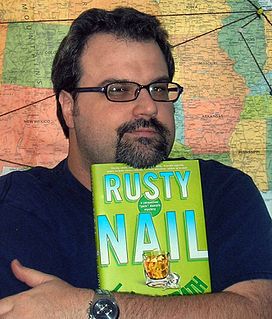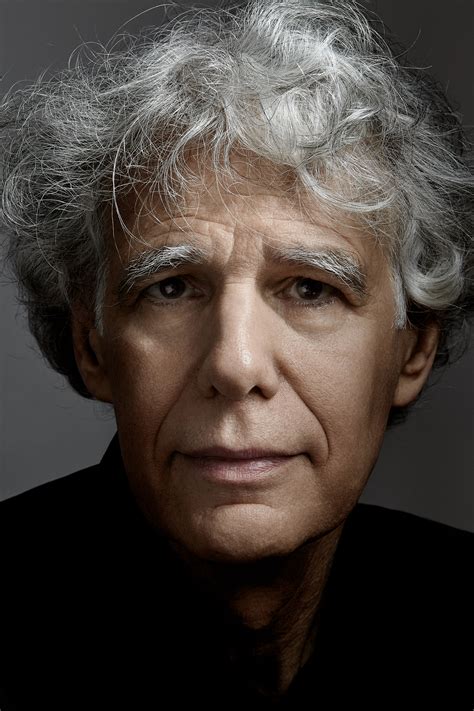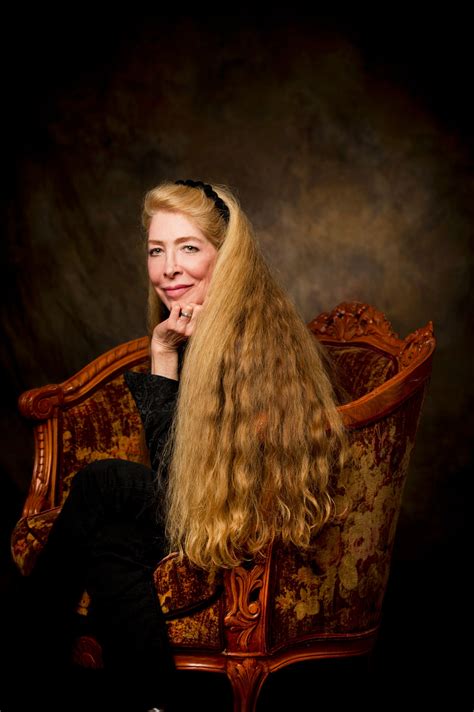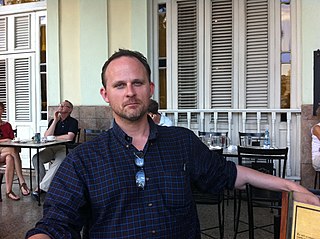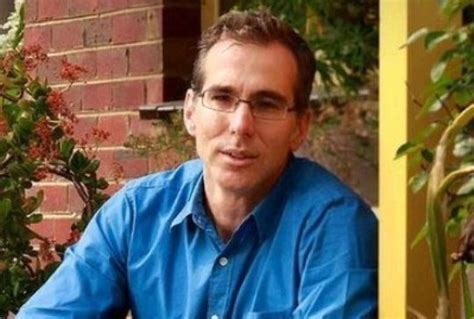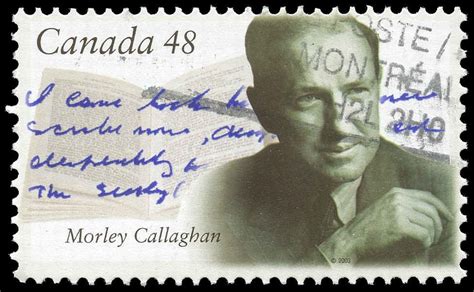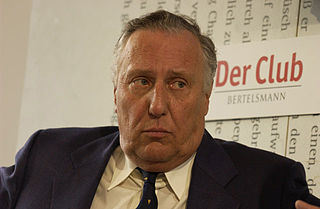A Quote by J. A. Konrath
I know dozens of authors who have had a lot of books published by New York, and they won't ever take another Big 6 contract since they've gotten a taste of the freedom, control, and money self-publishing offers.
Related Quotes
I was in the second year of my PhD when I first had the idea - I'd recently started working as a translator, which meant firstly that I was hearing about amazing-sounding books from other translators, and also that I was getting enough of an insider's view of the publishing industry to be aware of all the implicit biases that made it so difficult for these books to ever get published, especially if they weren't from European languages (harder to discover, editors can't read the original, lack of funding programmes, authors who don't speak English).
Self-publishing in comics is core to the whole artform. There is no scarlet letter in comics as there still is, to some degree, in prose. As no publisher for a long time would publish serious work in comics, the only way a lot of it came out was because of self-publishing. Many of the greatest works of the medium are self-published.
